Best Computers For Small Business
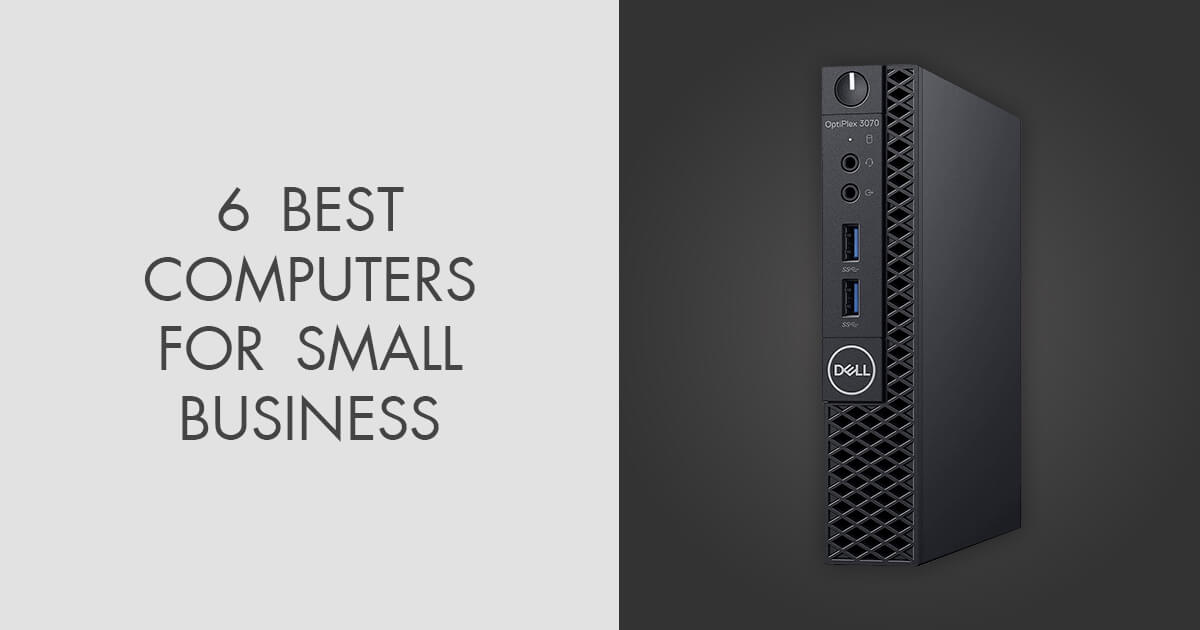
In today's competitive landscape, a reliable computer is no longer a luxury for small businesses – it's an absolute necessity. For value-conscious shoppers, making the right choice can significantly impact productivity and profitability. This article analyzes the best computers available, tailored to different budgets and business needs.
Why Choosing the Right Computer Matters
The right computer optimizes workflows and boosts employee efficiency. A well-chosen system minimizes downtime and reduces IT costs. Ultimately, a good computer is a smart investment in your company's future success.
Shortlist of Top Computers for Small Businesses
Here's a curated list of computers covering various budget levels and requirements:
- Best Overall: Apple iMac 24-inch (M3)
- Best Budget-Friendly: Acer Aspire TC
- Best for Power Users: Dell XPS Desktop
- Best Laptop: Apple MacBook Air (M3)
- Best 2-in-1: Microsoft Surface Pro 9
Detailed Reviews
Apple iMac 24-inch (M3)
The iMac 24-inch is a top choice for its elegant design and powerful performance. Apple's M3 chip delivers exceptional speed and efficiency. The stunning Retina display is perfect for creative tasks.
This all-in-one boasts a user-friendly interface and excellent software integration. However, the iMac's upgradeability is limited, which might be a drawback for some users.
Acer Aspire TC
The Acer Aspire TC offers excellent value for budget-conscious businesses. It provides sufficient processing power for everyday tasks like word processing and web browsing. The expandable design allows for future upgrades.
While it may not be suitable for demanding applications, the Aspire TC is a reliable workhorse. Its affordability makes it an attractive option for startups and small businesses.
Dell XPS Desktop
For businesses requiring significant computing power, the Dell XPS Desktop is an excellent choice. It features high-end processors and dedicated graphics cards. This desktop is ideal for video editing, graphic design, and other resource-intensive tasks.
The XPS Desktop is known for its premium build quality and quiet operation. Keep in mind that these high-end specs command a higher price point.
Apple MacBook Air (M3)
The MacBook Air (M3) stands out as a top choice for portable productivity. Its lightweight design and exceptional battery life make it perfect for remote work. Apple's M3 chip provides impressive performance.
The MacBook Air delivers a seamless user experience and access to Apple's ecosystem. Storage and port selection can be limiting factors, so consider your needs carefully.
Microsoft Surface Pro 9
The Surface Pro 9 combines the portability of a tablet with the functionality of a laptop. Its versatile design allows for both touch and keyboard input. This makes it a great option for presentations and fieldwork.
The Surface Pro 9 is powered by Intel processors and offers a sharp display. The Type Cover keyboard is sold separately, increasing the overall cost.
Side-by-Side Specs Table
Below is a comparison table highlighting the key specifications of each computer:
| Computer | Processor | RAM | Storage | Graphics | Price (USD) | Performance Score (out of 10) |
|---|---|---|---|---|---|---|
| Apple iMac 24-inch (M3) | Apple M3 | 8GB - 24GB | 256GB - 2TB SSD | Integrated 8-Core GPU | $1299+ | 9 |
| Acer Aspire TC | Intel Core i3/i5 | 8GB - 32GB | 256GB - 1TB SSD | Integrated Intel UHD Graphics | $400+ | 6 |
| Dell XPS Desktop | Intel Core i7/i9 | 16GB - 64GB | 512GB - 2TB SSD | NVIDIA GeForce RTX | $1500+ | 9.5 |
| Apple MacBook Air (M3) | Apple M3 | 8GB - 24GB | 256GB - 2TB SSD | Integrated 8-Core GPU | $1099+ | 8.5 |
| Microsoft Surface Pro 9 | Intel Core i5/i7 | 8GB - 32GB | 256GB - 1TB SSD | Integrated Intel Iris Xe Graphics | $999+ | 8 |
Practical Considerations
Consider the specific needs of your business. Determine the software requirements for each role. Factor in the number of employees who will be using computers.
Think about future scalability and the potential for growth. Explore options for warranties and technical support. Don't underestimate the importance of ergonomics and user comfort.
Summary
Choosing the right computer for your small business requires careful consideration. Assess your budget, performance needs, and portability requirements. This includes evaluating the trade-offs between price, performance, and features.
Each option presented offers unique benefits. The iMac excels in design and ease of use. The Acer Aspire TC provides budget-friendly reliability. The Dell XPS Desktop is a powerhouse for demanding tasks. The MacBook Air offers exceptional portability. The Surface Pro 9 provides versatility.
Make an Informed Decision
Carefully weigh all factors discussed in this article. Choose the computer that best aligns with your specific business needs. A well-informed decision will contribute to increased productivity and long-term success.
Ready to Upgrade?
Visit the manufacturer websites or authorized retailers to explore these options further. Consider reading additional reviews and comparing prices. Invest in a computer that empowers your business to thrive!
Frequently Asked Questions (FAQ)
Q: What is the most important factor to consider when buying a computer for my business?
A: It depends on your specific needs, but processing power, RAM, and storage are critical factors. Consider your software requirements and the types of tasks your employees will be performing.
Q: Should I buy a desktop or a laptop?
A: Desktops offer more power and upgradeability for the price. Laptops provide portability and flexibility for remote work.
Q: How much RAM do I need?
A: 8GB of RAM is sufficient for basic tasks. 16GB or more is recommended for demanding applications.
Q: Is an SSD worth the extra cost?
A: Yes, SSDs offer significantly faster performance compared to traditional hard drives. This translates to quicker boot times and application loading.
Q: What kind of warranty should I look for?
A: Aim for at least a one-year warranty. Consider extended warranties for added protection.

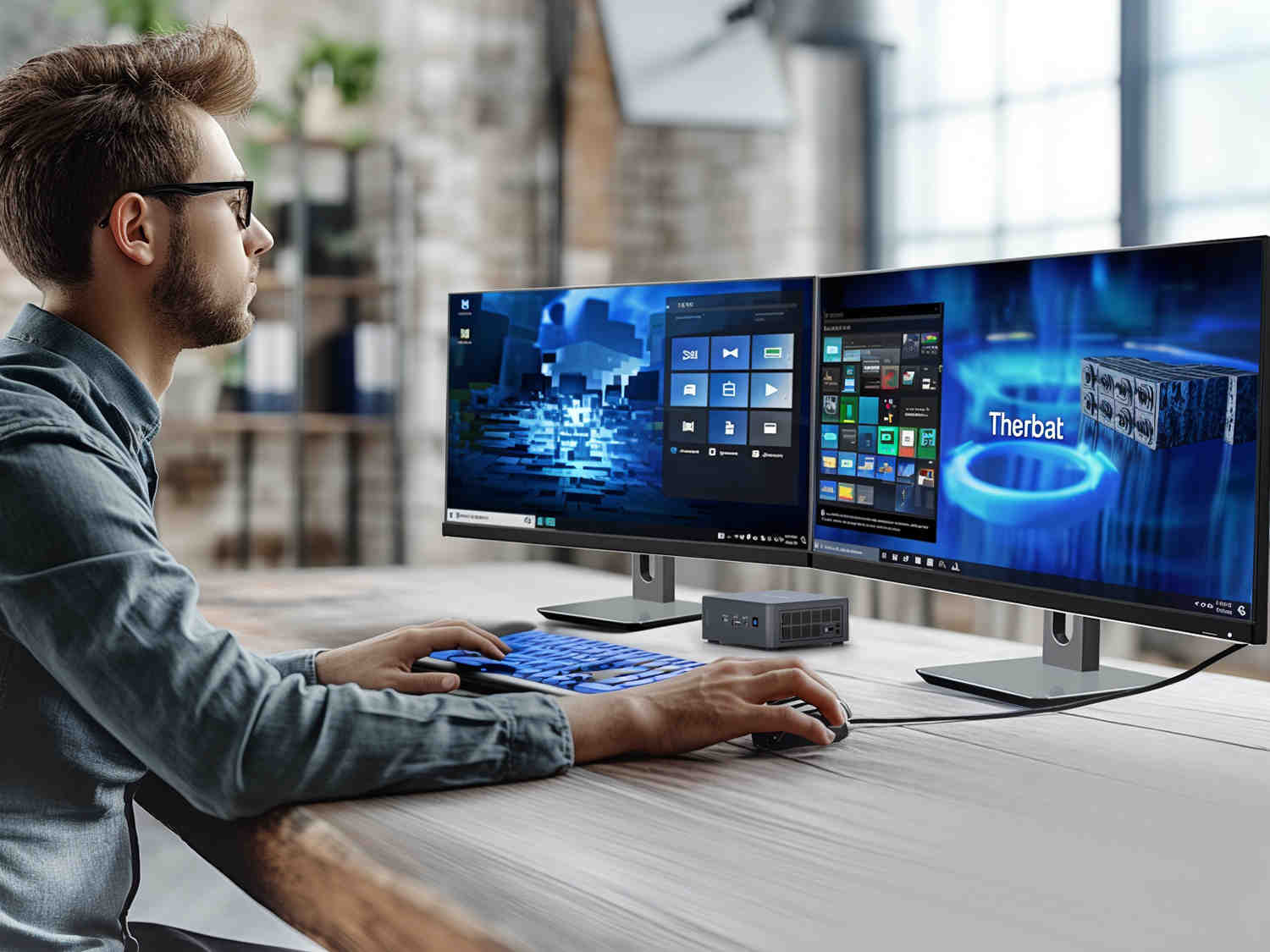


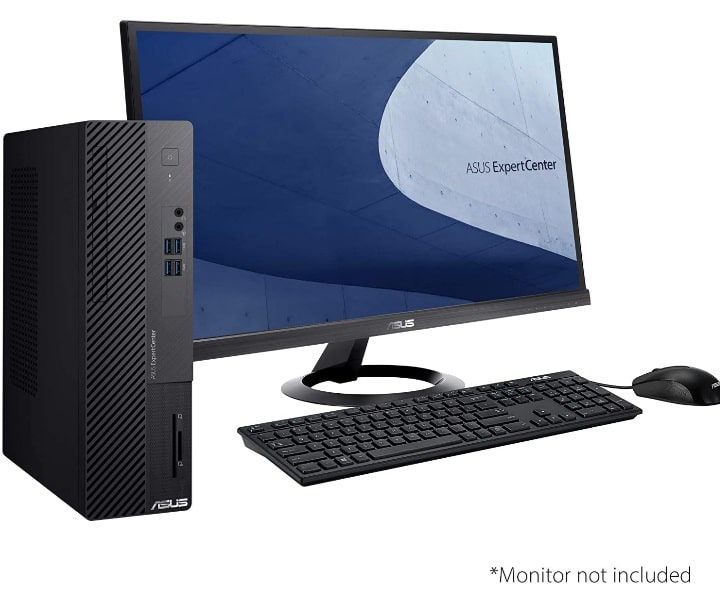
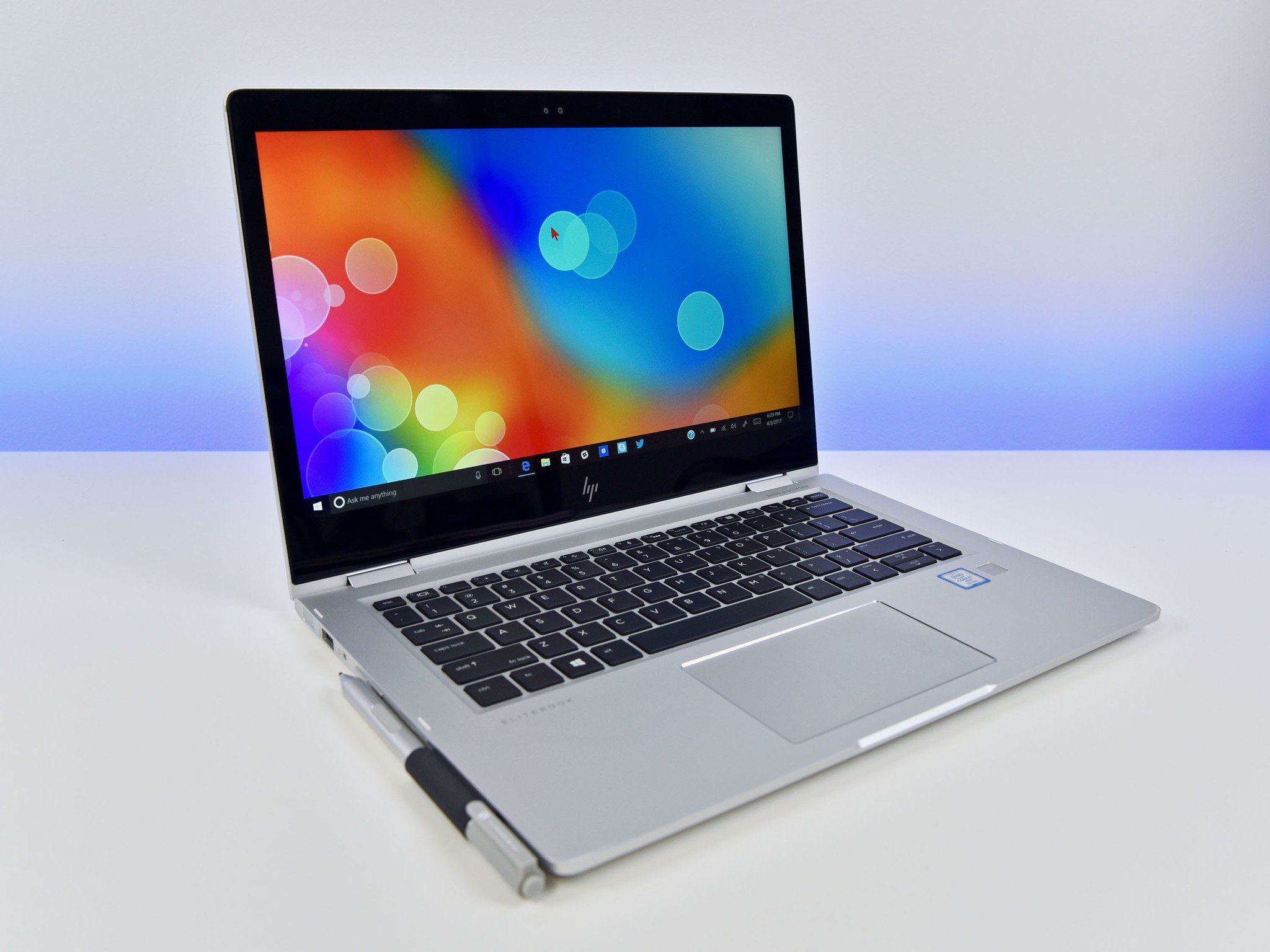
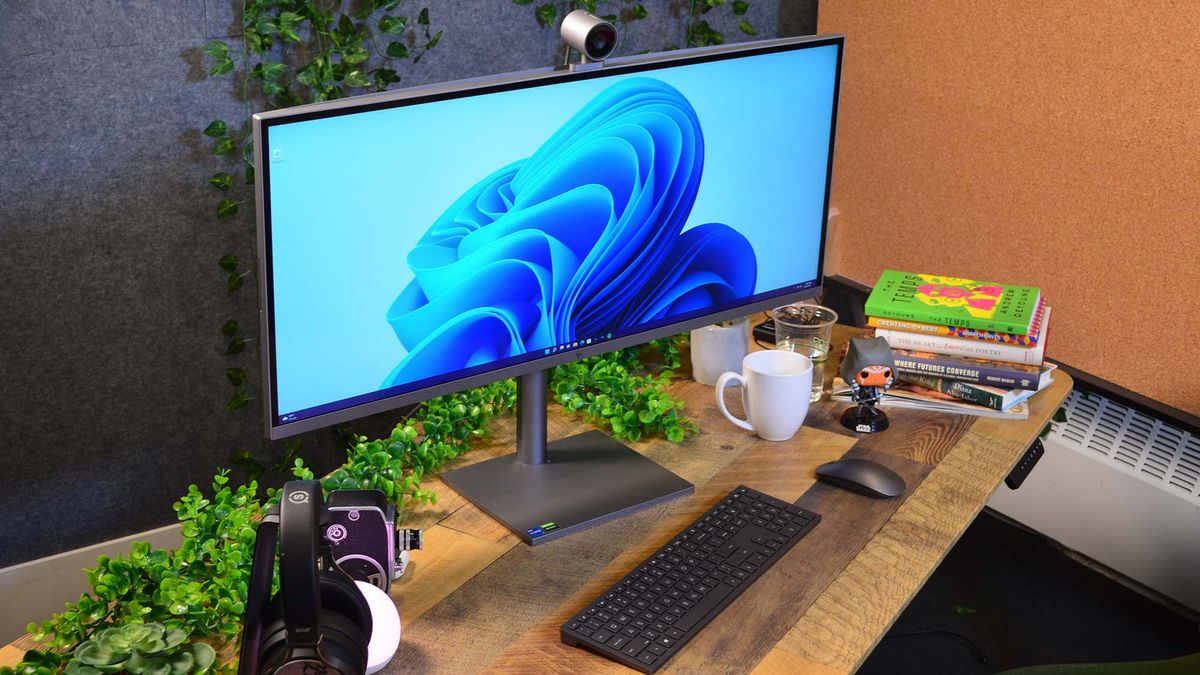
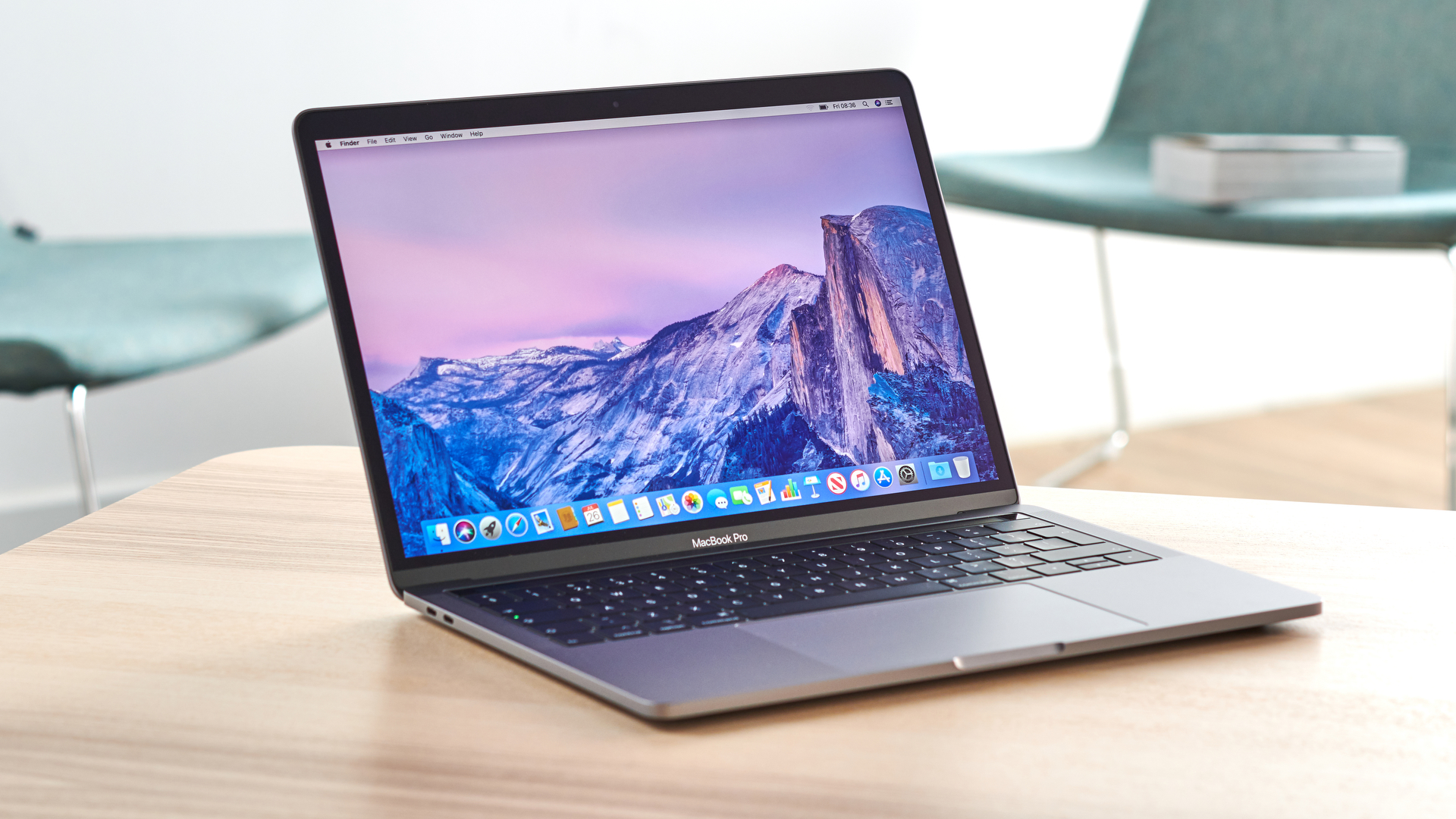

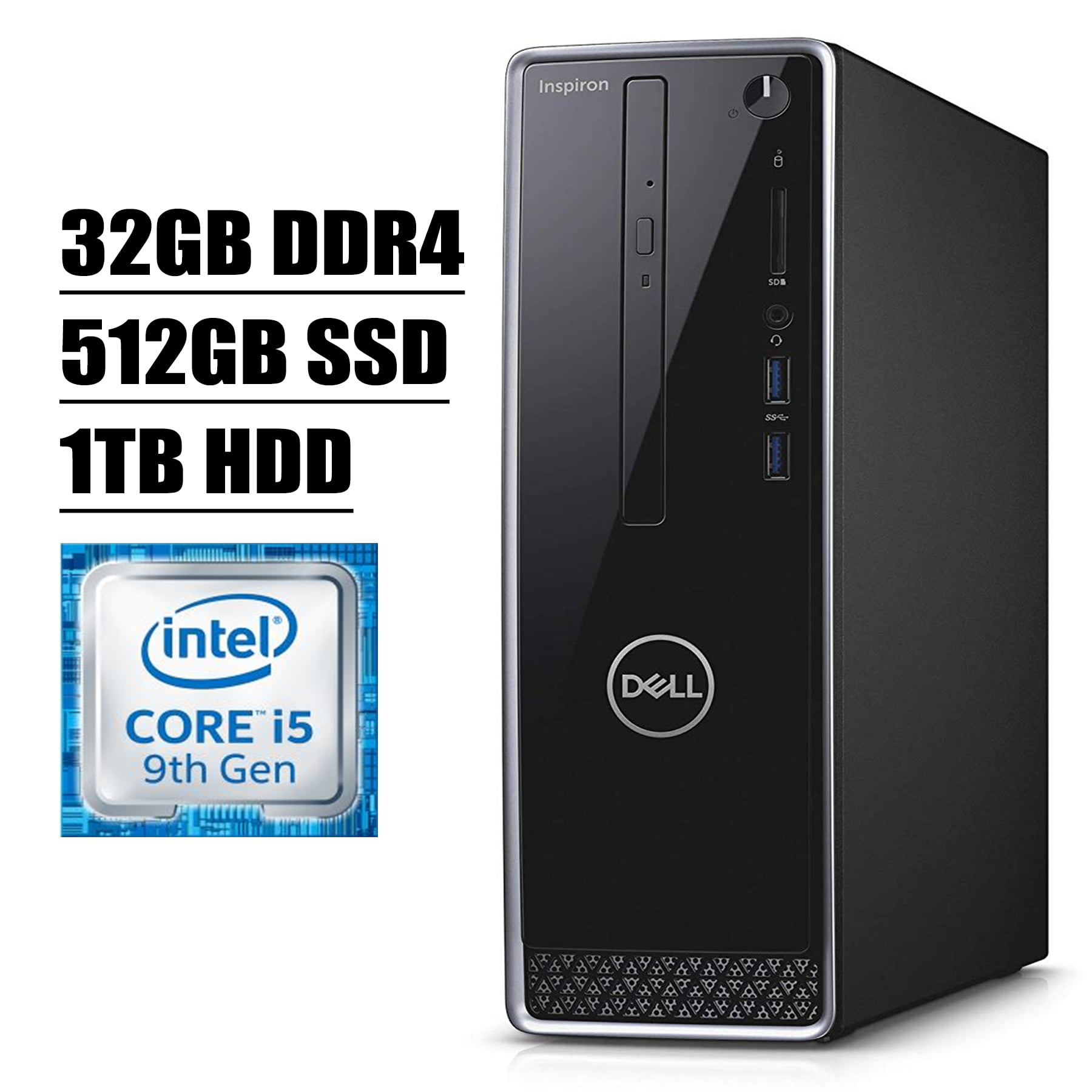

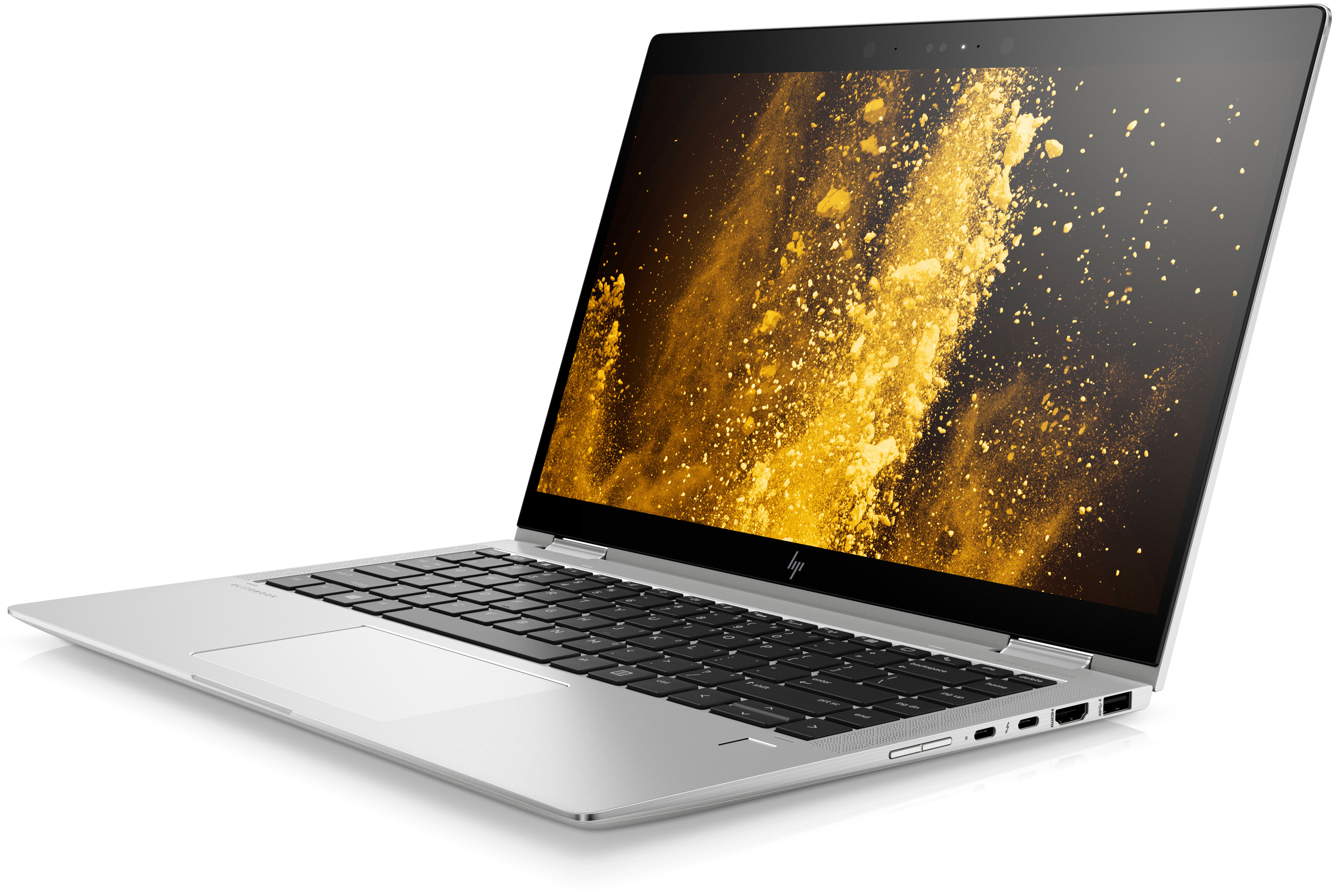
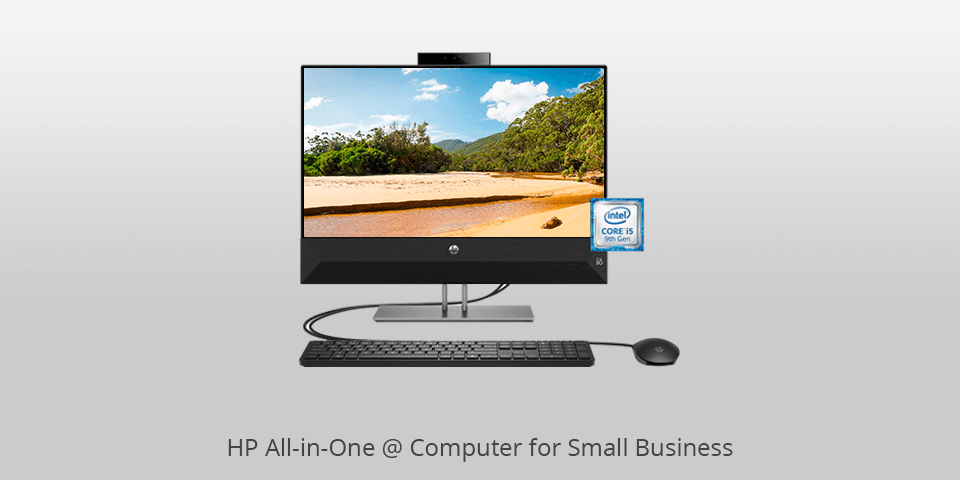

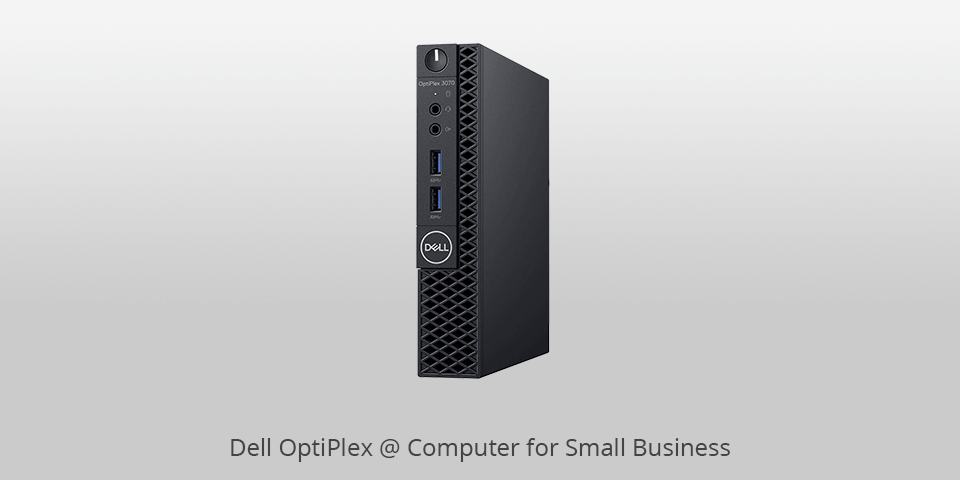

/4065134-4-5c315e9a46e0fb0001ca20f2.jpg)

